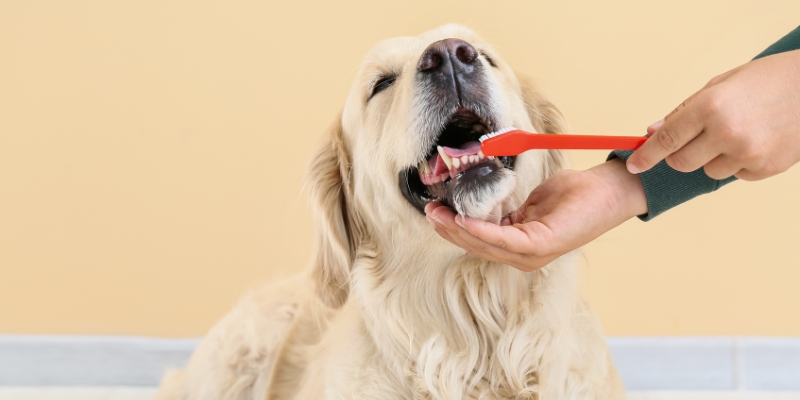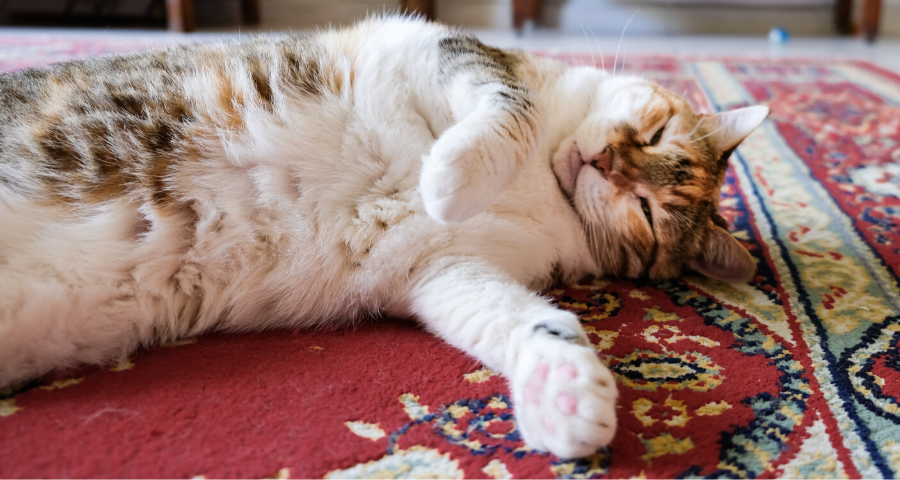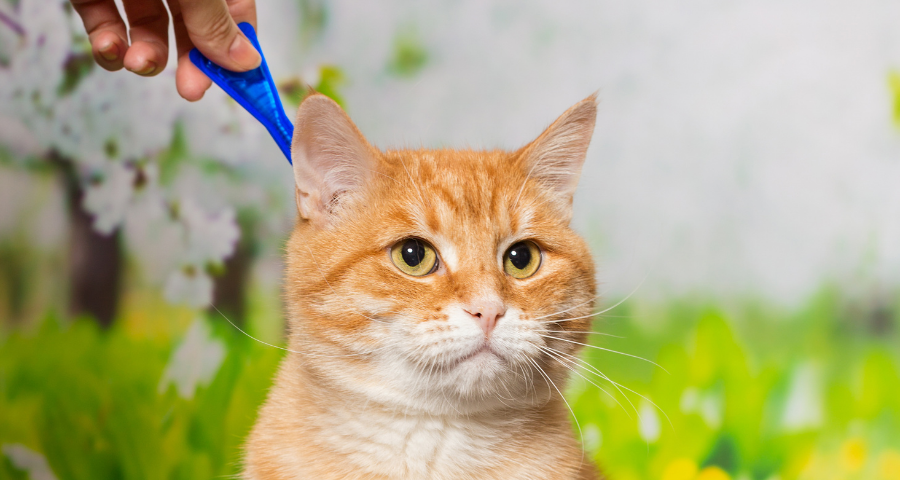Unexpected allergiesIf we surveyed pet owners about potential allergy symptoms in dogs and cats, most would list signs such as recurrent ear infections, generalised itchiness, paw licking, or tummy upset. But...
Read More
Blog
-

-
 Dental health dutiesWhilst most owners understand the impact of their pet's oral health on their general health and quality of life, many may still need clarification on the practical ways to achieve excellen...
Dental health dutiesWhilst most owners understand the impact of their pet's oral health on their general health and quality of life, many may still need clarification on the practical ways to achieve excellen...
Read More -
 Morris’ graze with danger How many amazing medical skills and services do our veterinary hospitals have to offer? To show you, we’d like to tell the story of little Morris, who had an unfortunate run-in with a c...
Morris’ graze with danger How many amazing medical skills and services do our veterinary hospitals have to offer? To show you, we’d like to tell the story of little Morris, who had an unfortunate run-in with a c...
Read More -
 Whether you’re purchasing a special breed pup or scouting out local rescues to adopt a canine companion, it’s important to research and plan for your future dog’s specific care needs. Doing this will ensure that ...
Whether you’re purchasing a special breed pup or scouting out local rescues to adopt a canine companion, it’s important to research and plan for your future dog’s specific care needs. Doing this will ensure that ...
Read More -
 Trigger warning: this blog post discusses terminal illness in a pet.Frankie was a beautiful 11-year-old greyhound, who loved nothing better than being with his family. Wherever the family was, Frankie was too...
Trigger warning: this blog post discusses terminal illness in a pet.Frankie was a beautiful 11-year-old greyhound, who loved nothing better than being with his family. Wherever the family was, Frankie was too...
Read More -
 Did you know that keeping your dog in a slim and fit body condition is actually associated with a reduced risk of joint problems, heart and respiratory disease, diabetes and some types of cancer? If ...
Did you know that keeping your dog in a slim and fit body condition is actually associated with a reduced risk of joint problems, heart and respiratory disease, diabetes and some types of cancer? If ...
Read More -
 Signs of poor digestive health in your dog or cat can be uncomfortable for your pet and be a cause of concern for you. Some owners write these signs off as a ‘sensitive stomach’, and either tolerate the symptoms ...
Signs of poor digestive health in your dog or cat can be uncomfortable for your pet and be a cause of concern for you. Some owners write these signs off as a ‘sensitive stomach’, and either tolerate the symptoms ...
Read More -
 Vaccinations are vitalRegularly vaccinating your pet is important to protect them against various potentially fatal or debilitating infectious diseases. During a consultation, we can discuss with you the most...
Vaccinations are vitalRegularly vaccinating your pet is important to protect them against various potentially fatal or debilitating infectious diseases. During a consultation, we can discuss with you the most...
Read More -
 We all love spending time outdoors on these long summer days, and our pets are no exception! The increased activity is great for their mental and physical health. To prevent some common warm-weather hazards from ...
We all love spending time outdoors on these long summer days, and our pets are no exception! The increased activity is great for their mental and physical health. To prevent some common warm-weather hazards from ...
Read More












